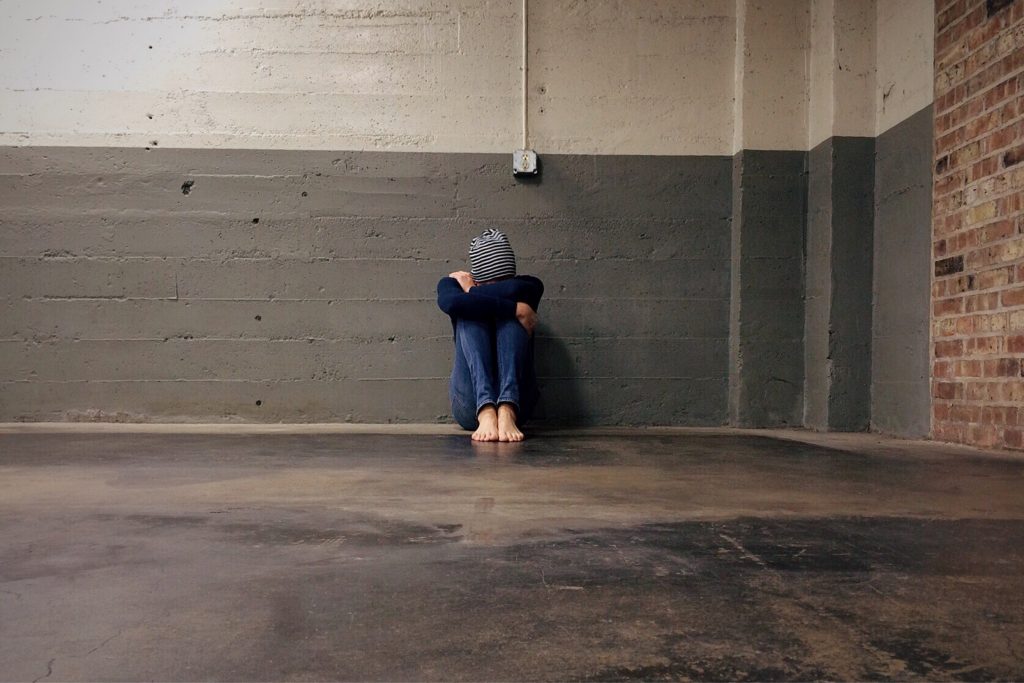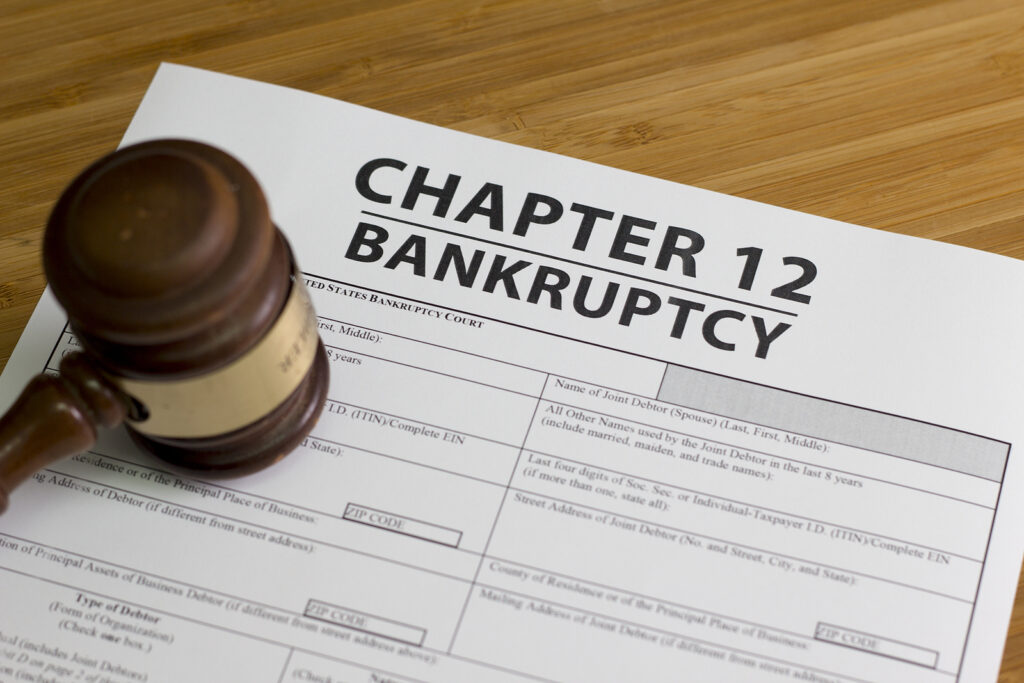Are There Different Ways to File for Bankruptcy?
your debts are out of control and your bills are piling up, or if you are facing an imminent foreclosure or repossession, you should immediately consult a North Carolina bankruptcy attorney to discuss bankruptcy and your other options for resolving your debts.
If you get confused when people talk about bankruptcy, you are not alone. What is a Chapter 7 bankruptcy? A Chapter 13 bankruptcy? A North Carolina bankruptcy lawyer can explain to you the different types of bankruptcy and guide you through the bankruptcy process.
Usually, when someone files for bankruptcy, that person has fallen into severe debt by missing mortgage or car payments or by piling up credit card or medical debt. Your particular personal circumstances will determine whether or not bankruptcy is your best alternative.
What is Chapter 7 and Chapter 13?
After it’s explained, the language of bankruptcy is easy to understand. “Chapter 7” and “Chapter 13” are chapters in Title 11 of the U.S. Code. The U.S. Code – the complete federal laws of our nation – is printed every six years. The current U.S. Code includes 53 “titles.”
The U.S. Bankruptcy Code (Title 11) is federal bankruptcy law. The laws that govern personal bankruptcy are Chapter 13 and Chapter 7. A Chapter 7 bankruptcy is the best alternative for many who are in debt in North Carolina. A Chapter 13 bankruptcy is right for many others.
A North Carolina bankruptcy attorney can explain in detail the differences between Chapter 13 and Chapter 7 and help you decide what type of bankruptcy – or what alternative to bankruptcy – is the best option for you.
Who Qualifies for a Chapter 7 Bankruptcy?
Most people who file for bankruptcy in North Carolina prefer to file a Chapter 7 bankruptcy. Chapter 7 bankruptcies discharge/eliminate all of a person’s unsecured debts including medical, credit card debt, unsecured loans and some tax debt.
A Chapter 7 bankruptcy offers immediate relief from creditors. It can be completed in about ninety days, and it’s usually less costly than a Chapter 13 bankruptcy. Your unsecured debts are wiped out (discharged) with a Chapter 7 bankruptcy.
However, not everyone who is in debt will qualify for Chapter 7 bankruptcy. You’ll have to pass a means test to determine if your income is low enough to qualify for Chapter 7. The means test prevents some individuals with high incomes from qualifying. The means test takes into account household income and household size in the county in which you live.
However, you don’t necessarily have to be impoverished to qualify for Chapter 7. If your income is substantial, it’s possible to qualify for Chapter 7 if your expenses are also substantial.
Should You File a Chapter 13 Bankruptcy?
If you are not qualified for a Chapter 7 bankruptcy, or if you need or want to keep some of the assets you may lose through a Chapter 7 bankruptcy, you will be permitted to file a Chapter 13 bankruptcy, which is also called a “reorganization” bankruptcy. Bankruptcy under Chapter 13:
- stops vehicle repossessions
- allows you to restructure your tax debt
- allows you to avoid foreclosure
- helps you manage your other debts that may be piling up
- typically takes three to five years to complete
If you have a regular monthly income that exceeds a particular amount, a Chapter 13 bankruptcy allows you to develop a plan for paying back some or all of your debts. If you are not qualified for bankruptcy under Chapter 7, a Chapter 13 bankruptcy may be the answer for you.
What Else Should You Know About Bankruptcy?
When you file for a Chapter 7 or a Chapter 13 bankruptcy in North Carolina, the bankruptcy court issues an automatic stay. The automatic stay stops creditors from:
- demanding a payment
- filing or pursuing a lawsuit against you
- garnishing your wages
- foreclosing or repossessing your home or vehicle
- harassing you by phone call, text, letter or any other means of communication
If you file for bankruptcy, take seriously the chance to put your finances in order. You can avoid a great deal of difficulty by letting a North Carolina bankruptcy lawyer advise you and guide you through the bankruptcy process.
Do You Have Other Options?
While bankruptcy is a way to get out of paying your debts, there are consequences to consider. For most people, bankruptcy reduces a credit score of 700 or higher by 150-200 points. If your credit score is in the 680 range your credit score may be reduced 100-150 points. If your credit score is in the low 500s or lower the impact on your credit score will be less. However, with patience and discipline, you can reestablish credit and rebuild your finances after bankruptcy.
Oftentimes bankruptcy is a good way to rebuild your credit score if you are missing payments and your credit score is dropping because of your financial situation.
A bankruptcy lawyer can discuss alternatives to bankruptcy and suggest an option that protects your long-term interests. If you have one or two smaller debts, settling those debts may be an alternative that works for you.
Debt settlement programs may be a possibility but you need to know the pros and cons of such programs. A debt settlement program may negatively affect and reduce your credit score. Also, debt settlement programs may not always stop creditors from pursuing collection and harassing you.
A North Carolina bankruptcy a lawyer can explain the specific pros and cons of a debt settlement program and bankruptcy.
Bankruptcy attorneys often negotiate directly with creditors to settle a consumer’s debts. When debt settlement succeeds, the creditor agrees to a settlement amount less than the full amount owed.
Installment plans are may be included in debt settlement agreements. However, the debt settlement option is not available for many consumers, so you may find that bankruptcy is your only practical alternative.
Let Gillespie & Murphy Help You Settle Your Debts
If you can’t make mortgage or vehicle payments, if your wages are being garnished, or if you are being sued for a debt, call Gillespie & Murphy at once. We will discuss your rights and options, suggest the best way to resolve your debts, and if necessary, guide you through a bankruptcy.
At Gillespie & Murphy, we are award-winning bankruptcy and debt settlement attorneys who work for businesses and families across Eastern North Carolina. Since 1991, we have used our legal skills and knowledge to help our clients get out of debt, and we will do the same for you.
If your debts are overwhelming you, if you are facing a foreclosure or repossession, if you are considering bankruptcy, or if you simply want to learn more about debt settlement and bankruptcy, call Gillespie & Murphy promptly at 252-659-5045, and let us go to work for you. KNOW YOUR OPTIONS SO YOU MAY MAKE THE BEST DECISION FOR YOU AND YOUR FAMILY.











